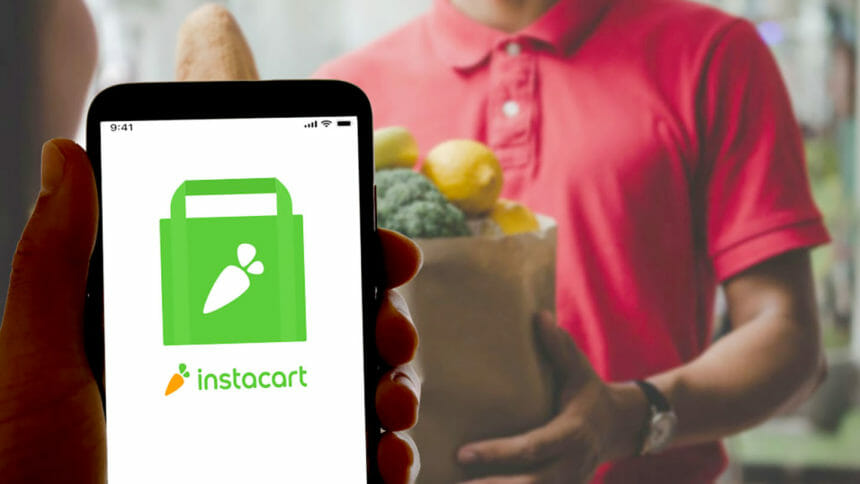
Grocery technology firm Instacart recently launched a new program, Caring Carts, that lets caregivers and healthcare providers order groceries for patients. Under the Caring Carts plan, healthcare providers can order groceries for delivery to patients following a hospital discharge or they can send food orders to patients as part of a prescribed meal plan. Caring Carts also lets caregivers send groceries to patients who can’t shop for themselves.
Caring Carts is part of Instacart Health, a broader initiative Instacart is launching to address healthier living. The White House’s recent conference on hunger, nutrition and health served as a platform to unveil the new initiative. Through new products, policy initiatives, research and strategic partnerships, Instacart Health is trying to expand the role food can play in healthy outcomes.
“Instacart has become a staple in millions of households, which puts us at the heart of the relationship that people have with food, and therefore, their health,” Instacart CEO Fidji Simo said in a statement. “We have a responsibility to use the power of our platform, products and partnerships to expand access to nutritious food and improve health outcomes.”
A variety of organizations, including hospital-at-home provider Medically Home, are using Care Carts. Instacart Health is also launching a Fresh Funds initiative that allows any organization, including nonprofits, health insurance companies and employers, to give people money to buy nutritious food from grocery retailers on the company’s App.
Instacart is one of approximately 60 firms and nonprofits that joined the Biden administration’s $8 billion call to action to address hunger. More than 34 million Americans are food insecure, according to the United States Department of Agriculture. Many others who do get enough to eat are consuming unhealthy, processed foods. An unhealthy diet can contribute to obesity, heart attacks, stroke, diabetes and at least 13 types of cancer, according to the Centers for Disease Control and Prevention.
A growing number of Medicare Advantage plans are offering healthy food and meals as part of their nonmedical supplemental benefits. Currently, 879 plans offer fresh food and produce and 445 plans offer home-delivered meals following a hospital stay, according to ATI Advisory.



